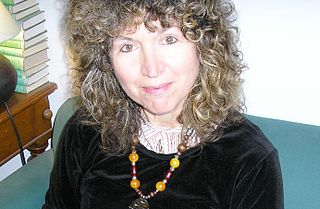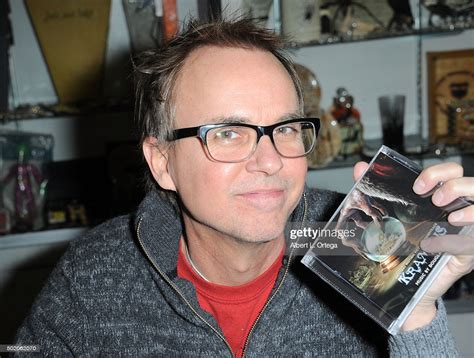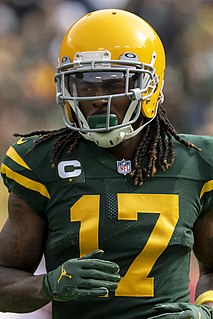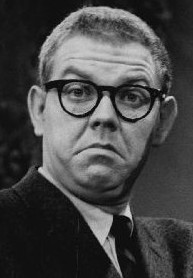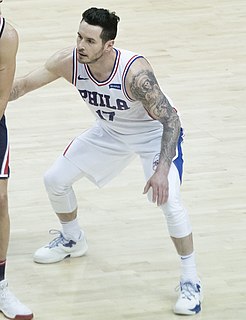A Quote by Roger Corman
When I started I had no knowledge of films whatsoever. I was an engineering major at Stanford. And I found out as a senior that they had two film critics on the Stanford Daily, and they got free passes to all the theaters in Palo Alto. So I thought, I'll do that, and I became a film critic. And then I became interested in films. But I had no time to study anything in that area because I was a senior, just finishing up as engineering.
Related Quotes
I wanted to be a playwright in college. That's what I was interested in and that's what I was moving toward, and then I had the lucky accident of falling in love with film. I was 19 or 20 that I realized films are made by people. Shooting digitally became cheaper and better. You couldn't make something that looked like a Hollywood film, but you could make something through which you could work out ideas. I was acting, but I was also conceiving the plots and operating the camera when I wasn't onscreen. I got very unvain about film acting, and it became a sort of graduate school for me.
I was studying at Stanford University with two quarters left to go before receiving an undergraduate degree in electrical engineering. Then, I got the telephone call from my mother. I had no choice. I went home, and I jumped into the company feet first, right from day one. There was no time to grieve my father.
I was playing in a band and was approached to score an independent film. I had never done it, but had written instrumental music, so I figured I could do it. Turns out I loved scoring the film, and took on another couple films before realizing that if I was to be an effective narrative composer, I should study the craft of composition. I stopped taking projects and got a degree in orchestral music composition, and followed that with film scoring studies. Near the end of my degree studies, I started taking on student films as a way to get back into film scoring.
Failure meant a stripping away of the inessential. I stopped pretending to myself that I was anything other than what I was, and began to direct all my energy to finishing the only work that mattered to me. Had I really succeeded at anything else, I might never have found the determination to succeed in the one area where I truly belonged. I was set free, because my greatest fear had been realized, and I was still alive, and I still had a daughter whom I adored, and I had an old typewriter, and a big idea. And so rock bottom became a solid foundation on which I rebuilt my life.
The college kids should think hard about what they're doing. If you have a great idea for a company, there's no right time to start it, and it's often better to start it sooner rather than later. I went to Stanford undergrad and Stanford Law School, and if I had to do it over again, I might still do those things, but I wish I had asked the type of questions like, why I was doing it, was it just for the status and prestige, or was it because I was really interested in the substance of it.
When I went to Harvard Law School I became interested in the connection between legal standards for safety and automobile engineering design. At that time, it was all blamed on a "nut behind the wheel," so-called, the driver. But I knew that the vehicle had a great deal to do with that because I had come across some Air Force-sponsored studies at medical schools. The Air Force found they were losing more men on the highways than in the Korean War.
I think my mother became the muse because she had everything when she was in Hollywood: she had the marriage, the success, the money, all the films she wanted to do and yet even her, she had a longing and wanted to work with a film that had meaning, something more profound. And I think that was very touching to father.




